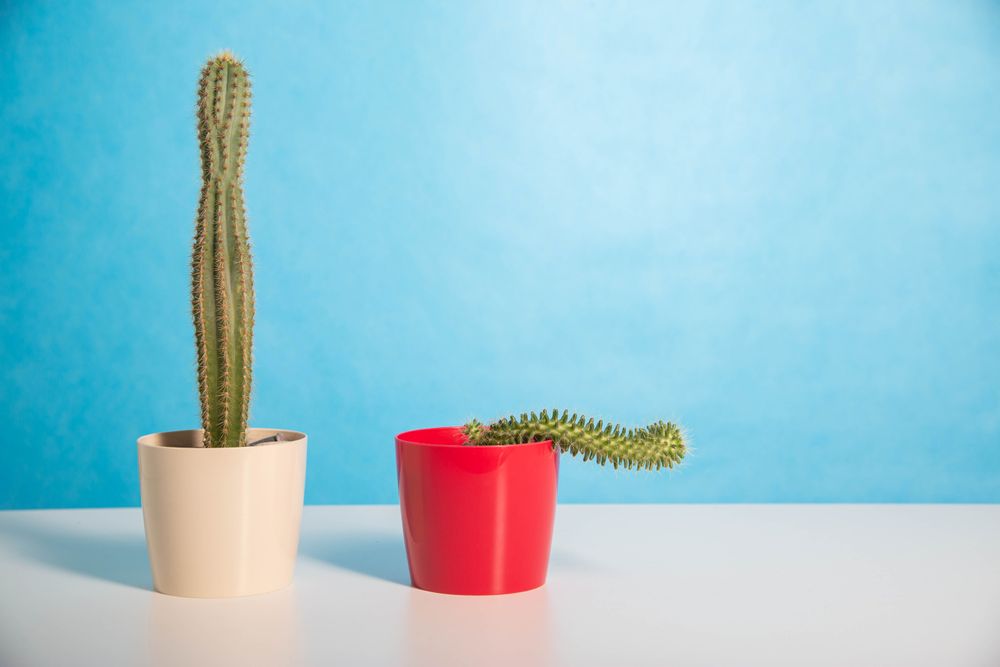It turns out that the lack of a sexual hormone called kisspeptin might be a key to understanding why a percentage of the population suffers from a lack of sexual desire. A study on HSDD, or hypoactive sexual desire disorder, has found that study subjects who were injected with the naturally occurring sex hormone saw their sex drive rise to higher levels.
HSDD is specific: It's not lack of desire caused by depression, a bad breakup, or taking antidepressants, and it has to be present for at least six months to be diagnosed. It also has to be something that falls under "clinically significant distress": Patients have to want to be treated for it and be bothered by that lack of desire for it to fall under HSDD.
As CNN reports, HSDD affects at least 10 percent of women and 8 percent of men who find themselves lacking in sexual appetite due to this chemical imbalance. Researchers who were involved with the study—out of Imperial College London—say they've been studying the link between kisspeptin and sexual desire for years, but it's too early to tell conclusively if the injections study subjects received will help them long-term. "Sexual desire is very complicated," said one researcher not involved with the study, telling us something we all already know.
As the article points out, some people are just fine with having a lower-than-average libido, but for those who see it as a problem, the results can be dire. Reduced quality of life, relationship issues, and overall unhappiness can result from HSDD. Medical treatment as well as healthy communication between sex partners are just two approaches to the problem as researchers continue to try to figure out whether kisspeptin might be a long-term fix for some.
More From LEVEL:
